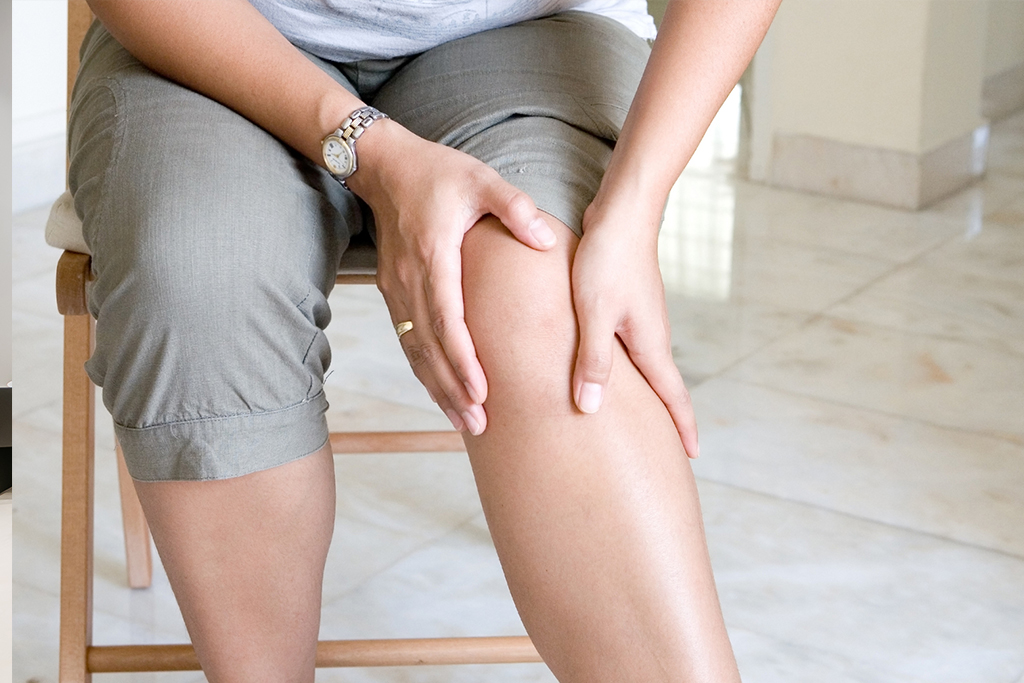

While the studies are inconclusive till now and still research is going on, most of them do state that Vitamin D deficiency is responsible for joint as well as muscle pain. The symptoms of Vitamin D Deficiency and Joint Pain include Rheumatoid Arthritis (RA) pain that occurs in the knees, hips, and legs as well as joints and muscles.
Joint Pain
There is a belief that Vitamin D plays a significant role in relieving the joint pain condition, specifically if the pain is due to deficiency. Some studies that support the belief include the following:
These studies have been inconclusive after a large study in 2015 concluded that the evidence available is not strong enough to prove that Vitamin D deficiency is solely responsible for joint pain. But the fact that most of the Indians and numerous over the world suffer from Vitamin D deficiency holds true. The percentage is over 70% across the world when it comes to Vitamin D deficiency.
Vitamin D Deficiency
Vitamin D is a fat-soluble nutrient that is found in many foods. A natural source of Vitamin D is the Sun. The normal levels of Vitamin D are said to be 30-80 ng/ ml while below 20 is considered to be a severe deficiency.
Food and Supplements
Experts suggest a daily intake of 600 IUS for anyone under 70 years of age. While infants below 1 it’s around 400 and for adults above 70 its 800 IUS. Some food sources of Vitamin D include beef, egg yolks, shitake mushrooms, canned fish, almond milk, salmon, orange juice, fortified tofu, breakfast cereals, but to name a few. A Vitamin D test can help you know if you are deficient or not and the doctor might prescribe you vitamin D supplements if you are to bring your Vitamin D levels as per the desired levels.

 Emergency Number
Emergency Number